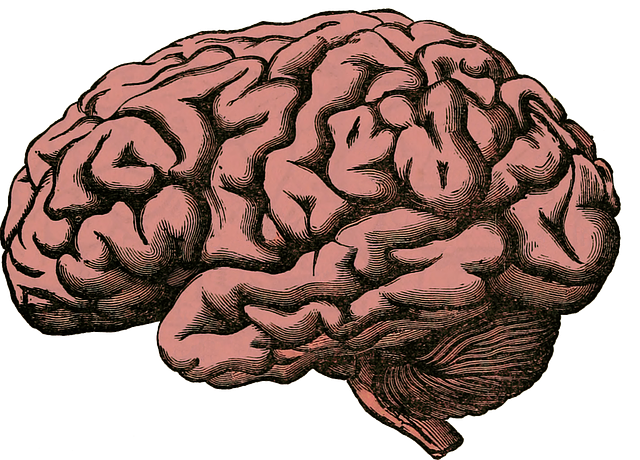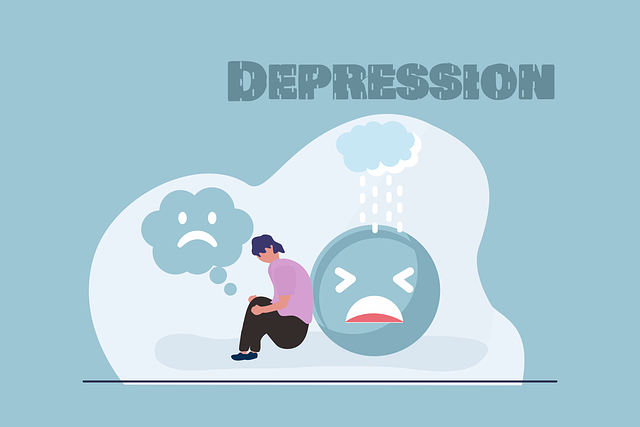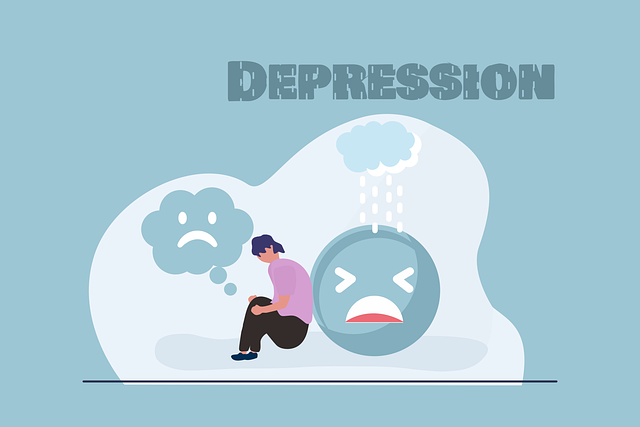Mental health advocacy plays a pivotal role in tackling childhood eating disorders by raising awareness, challenging stigma, and promoting early intervention. Through educational programs, support groups, and community initiatives, advocates foster understanding and create supportive environments. Innovative strategies include integrating therapy into school curricula and implementing trauma-informed care principles. By combining sector efforts—schools, communities, and healthcare—advocates strive to provide equitable access to specialized Therapy for Children Eating Disorders and improve treatment outcomes.
Mental health advocacy plays a pivotal role in raising awareness, challenging stigma, and fostering support for children with eating disorders. This article explores the transformative power of advocacy initiatives aimed at enhancing access to therapy for children with eating disorders. We delve into understanding mental health advocacy, its strategies, successful stories, and the profound impact it has on driving positive change in treatment approaches.
- Understanding Mental Health Advocacy: The Role in Raising Awareness and Support for Children with Eating Disorders
- Strategies and Initiatives to Enhance Access to Therapy for Vulnerable Youth
- Success Stories and Impact: How Advocacy Drives Positive Change in Child Eating Disorder Treatment
Understanding Mental Health Advocacy: The Role in Raising Awareness and Support for Children with Eating Disorders

Mental health advocacy plays a pivotal role in fostering awareness and support for children struggling with eating disorders. It involves raising consciousness about these conditions, challenging stigma, and promoting understanding within communities. Advocates work tirelessly to ensure that parents, caregivers, educators, and healthcare providers are equipped with the knowledge and resources needed to recognize early signs and provide appropriate therapy for children with eating disorders.
By leveraging Mind Over Matter principles, emotional intelligence, and social skills training, advocacy initiatives empower individuals to navigate this complex landscape effectively. They organize educational programs, awareness campaigns, and support groups to connect families and offer a sense of community. Through these efforts, mental health advocates aim to create an environment where children with eating disorders receive the empathy, care, and specialized therapy they need to recover and thrive.
Strategies and Initiatives to Enhance Access to Therapy for Vulnerable Youth

Mentally vulnerable youth often face significant barriers when seeking therapy, including stigma, financial constraints, and limited access to specialized services. To enhance their access, several innovative strategies are gaining traction in mental health advocacy. One promising approach is integrating Therapy for Children with Eating Disorders into school curricula and community centers, normalizing conversations around mental wellness from a young age. These programs often involve peer support groups, educational workshops on stress management, and early intervention techniques to identify and address emerging issues before they escalate.
Furthermore, trauma-informed care principles are being incorporated into existing initiatives to provide comprehensive support for these vulnerable populations. This involves training healthcare providers in burnout prevention strategies, ensuring a safe and non-judgmental environment, and tailoring therapeutic approaches to individual needs. By combining efforts across different sectors—schools, communities, and healthcare systems—advocates aim to create a supportive ecosystem that promotes mental well-being and equitably provides therapy for children struggling with eating disorders and other psychological challenges.
Success Stories and Impact: How Advocacy Drives Positive Change in Child Eating Disorder Treatment

Mental health advocacy plays a pivotal role in shaping the landscape of child eating disorder treatment. Success stories abound where dedicated advocates have driven positive change through various initiatives. These include raising awareness about eating disorders among parents and educators, promoting early intervention strategies, and championing access to specialized therapy for children suffering from these conditions.
One notable impact is the integration of emotional well-being promotion techniques and self-awareness exercises into treatment plans. Advocacy has led to a greater emphasis on teaching children healthy coping mechanisms and emotional regulation skills, which are crucial in managing eating disorders. By combining evidence-based therapies with patient-centered care, these initiatives foster resilience and hope, ultimately improving outcomes for children struggling with eating disorders.
Mental health advocacy plays a pivotal role in raising awareness, dismantling stigma, and enhancing support systems for children struggling with eating disorders. By implementing strategies that improve access to specialized therapy for children eating disorders, we can ensure vulnerable youth receive the care they need. Success stories highlight the profound impact of advocacy, demonstrating how dedicated efforts drive positive change and foster healthier, more supportive environments for affected individuals. Continued commitment to these initiatives is essential in our journey towards better mental health outcomes for all.














